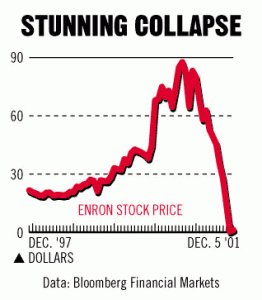Recently Facebook and Ticketmaster announced a strategic alliance focused on allowing customers to buy event tickets while knowing where their Facebook friends are sitting. Rachel discussed this alliance in her blog. After reading her ideas, I thought: Strategic alliances and mergers are popular for organizations but do they really benefit consumers? And if so, how and why?
In the 1980’s our telecommunications industry was populated by provincial telephone monopolies. But the role of telecommunications in the lives of Canadians was about to change. The telecom companies knew that the sector must change if it was to be part of the future and not a historical relic. BCTel ruled telecommunication in BC. In Alberta, telecom was the domain of AGT. Two companies who in the provincial contexts were giants, but on the national stage were insignificant. The imperative was ‘change or die’. TELUS was the result and is now one of our most progressive telecom companies. The combined capital and intelligence from the merger allowed the new entity to thrive and help define the future of telecom.
And so back to Ticketmaster and Facebook: while there is excitement, the alliance’s success will ride on a strategic vision that will allow the alliance to deliver real value to customers that transcends the current hype.
Reference: www.telus.com






